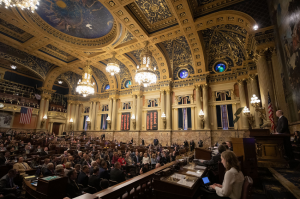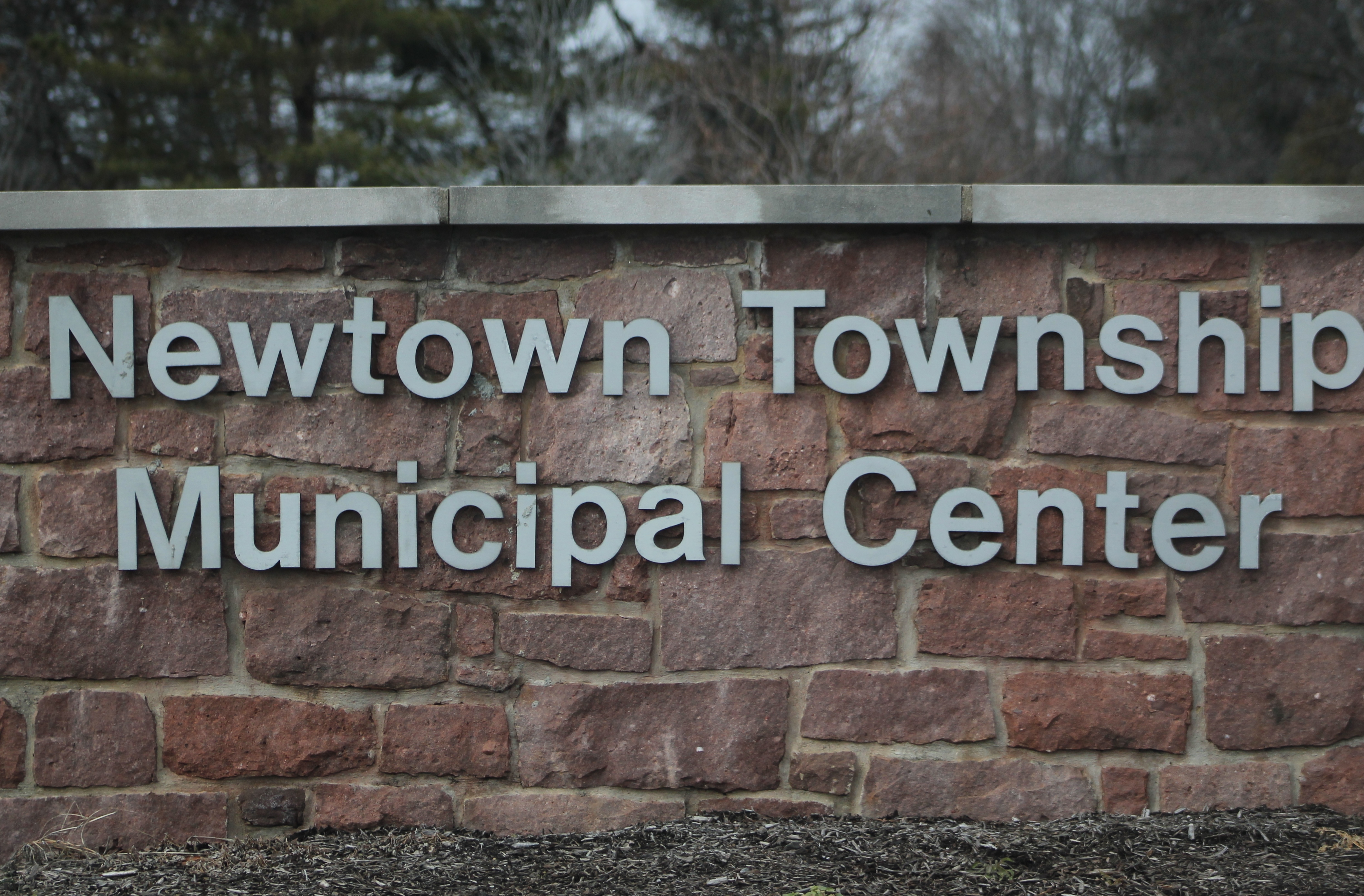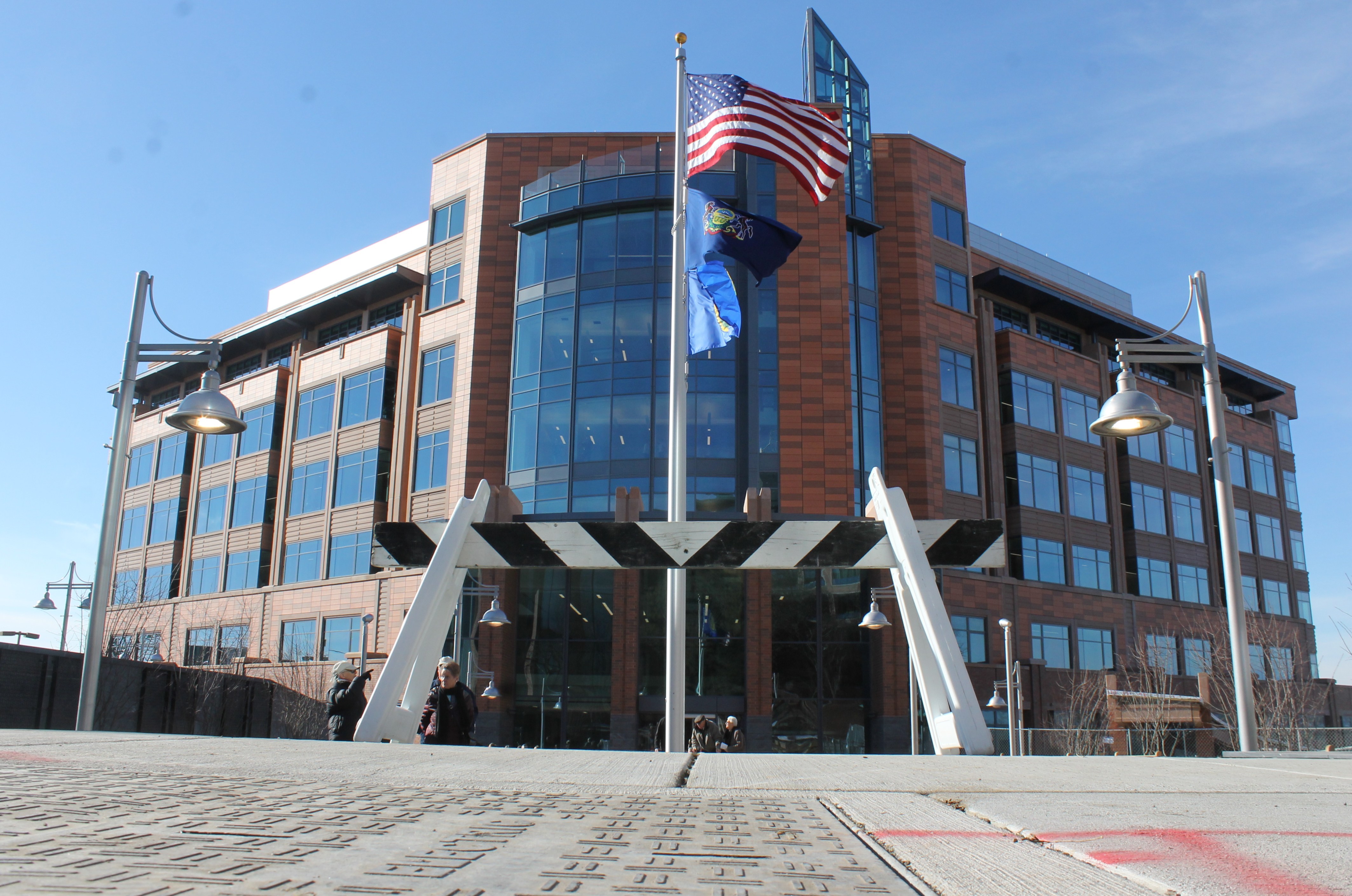By Dave Lemery | Watchdog.org

Pennsylvania’s Republican leaders in the Senate and House of Representatives were almost effusive in their praise for many of the themes in Gov. Tom Wolf’s budget address on Tuesday.
But they sounded a note of caution that even in instances where they broadly agreed with some of the governor’s ideas, there would have to be negotiation and deal making ahead in order to get a new state budget done by the June 30 deadline – and they made clear that they are not satisfied with the state’s current regulatory and taxation schemes.
In the first three years of the governor’s time in office, the York Democrat and the Legislature were so far apart on issues of taxation and spending that the budgets went into effect without his signature. Last year, as the state was enjoying the effects of the federal tax cuts leading to healthy economic growth and low unemployment, Wolf and lawmakers had a much easier time coming to an agreement, avoiding an ugly budget battle ahead of the fall election.
Now, evidently seeking to repeat last year’s relatively smooth process, the governor has proposed a budget that would maintain last year’s discretionary spending levels and wouldn’t impose new taxes – although Wolf has also renewed his call for a severance tax on natural gas, albeit outside the budgetary process.
House Majority Leader Bryan Cutler, at a news conference Tuesday following the governor’s address, noted that there was a lot for Republicans to like.
“We don’t need to impose new taxes or raise taxes on our working families and businesses and industries,” Cutler said. “Governor Wolf’s budget sets forth a series of ideas that I believe that the House Republicans can find agreement on.”
Cutler’s compatriot in the other chamber, Senate Majority Leader Jake Corman, joked a bit about how friendly the Republicans were responding to the governor’s address.
“Normal tradition has the opposition parties come out and sort of ridicule or complain about the governor’s proposal,” Corman said. “I think there is a lot there that we can embrace and get behind, at least generically. The governor laid out some priorities I think that we all share, workforce development being key among those.”
Corman did note that part of the reason that the state was in a relatively healthy position fiscally was that the Legislature had repeatedly held the line and refused to approve the governor’s annual proposals to hike various taxes in his first term in office.
House Speaker Mike Turzai lauded Wolf’s proposals as “productive” and “pragmatic,” but he also pointed out that workforce development is only part of the equation for a healthy economy, since having a highly trained workforce won’t do much good if quality jobs aren’t available. And he emphasized that while the Republican caucus would be firmly behind efforts to improve public schools, school choice would continue to be an important issue as well.
The state’s high corporate tax rate – at 10 percent one of the highest in the country – was on the mind of Senate President Pro Tempore Joseph Scarnati.
“We must lower the corporate net income tax,” Scarnati said. “No matter who the job creator is, who the investor is, who the bank is, before they’re going to invest in a state and put money into plant equipment and training, they look at that corporate net income tax that Pennsylvania has. And it is a detriment. It drives business out of here.”
Scarnati said that decreasing or eliminating the CNI tax should be done carefully and gradually, but that the time to do it is now.
“Here we are in the best economy that we have seen in this nation, in this Commonwealth, in decades,” he said. “This is the best it gets, and we’re still not meeting the growth in our expenditures. We have a problem in Pennsylvania, and the problem isn’t with the revenues, it’s with the expenditures. And we have to balance this out.”








